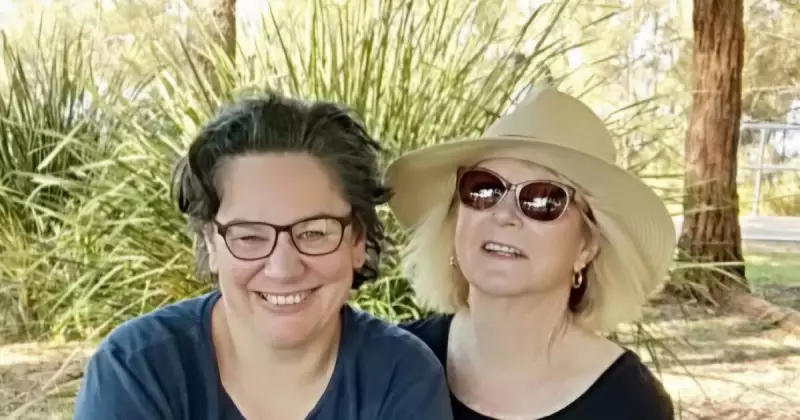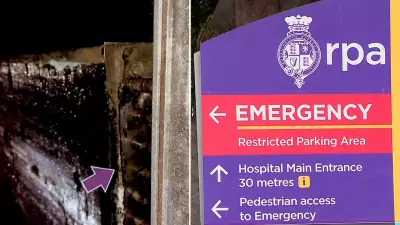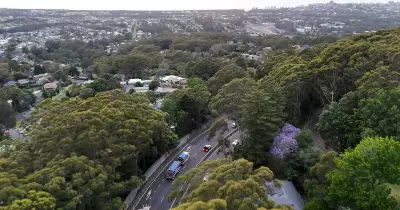
A Central Coast woman is fighting a devastating rare genetic disease with a treatment that costs half a million dollars per year, highlighting critical gaps in Australia's pharmaceutical funding system.
The heartbreaking reality of CTX
Fifty-one-year-old Dominique Roth lives with cerebrotendinous xanthomatosis (CTX), a progressive type of leukodystrophy that causes her body to accumulate fatty acids and form tumours throughout her system.
Her mother Margaret Dennett from Bateau Bay described the emotional toll of watching her daughter's condition worsen over time. "I'm watching her deteriorate," Margaret said, her voice heavy with emotion. "The unfortunate thing is her father and I carry the gene, so we basically gave it to her."
Margaret acknowledged she shouldn't blame herself, but confessed "I do" carry that burden.
Diagnosis delay and disease progression
Dominique's childhood was marked by unexplained health issues that baffled medical professionals. "A lot of things were happening to her. I was constantly at a doctor or a specialist," Margaret recalled.
The rarity of CTX meant doctors weren't looking for it, delaying diagnosis until Dominique was 26 years old. CTX is a genetic metabolic disorder that causes a deficiency of the enzyme needed to break down fats, leading to fatty deposits that can form tumours in tendons, spine and brain.
"If they're not controlled, they can end up in the spine and brain, causing paralysis and dementia," Margaret explained.
Breakthrough treatment remains out of reach
In February 2025, the US Food and Drug Administration approved Ctexli (chenodiol) for treating CTX in adults. The drug works by replacing deficient levels of bile acid, reducing abnormal deposits in the body and potentially delaying disease progression.
However, the medication isn't listed on Australia's Pharmaceutical Benefits Scheme (PBS), putting it financially out of reach for most families. Through the Special Access Scheme, an adult dose for Dominique costs approximately $500,000 per year.
Claire Kingsley, an advocate with Leukodystrophy Australia, confirmed "Dominique's doctor would have her on Ctexli, if it was available at an affordable price."
Kingsley described life-changing treatments for people like Dominique as "a public health necessity" and noted that some families have contributed to costs temporarily in hopes the treatment would become more accessible.
Systemic barriers to treatment
A spokesperson for the federal Department of Health explained that "Ctexli is not currently listed on the PBS because it has not been registered by the Therapeutic Goods Administration (TGA)."
No application has been made by a sponsoring pharmaceutical firm to the Pharmaceutical Benefits Advisory Committee for PBS listing. The manufacturer, Mirum Pharmaceuticals based in San Francisco, does not currently have a registered presence in Australia.
Kingsley revealed she contacted the company directly and was told "at this stage, they don't have plans for Ctexli to be commercially available outside of the US."
While Dominique takes an ox bile supplement, it contains only a small amount of the bile acid she requires. Westmead Hospital previously funded a drug for her condition when she was younger, but only for two years.
Glimmers of support amid the struggle
Margaret expressed gratitude for the support her daughter does receive, particularly through the NDIS. "The NDIS had been wonderful to her. They've given her a beautiful disabled unit in Gosford to rent with all the mod cons," she said.
Dominique has 24/7 concierge service and carers seven days a week, providing crucial daily support. Still, Margaret noted her daughter "seems to miss out on so much life" due to her progressing condition.
Dominique's story has become part of a broader campaign pushing for reforms to the PBS to improve patient access to new medicines for rare diseases across Australia.





